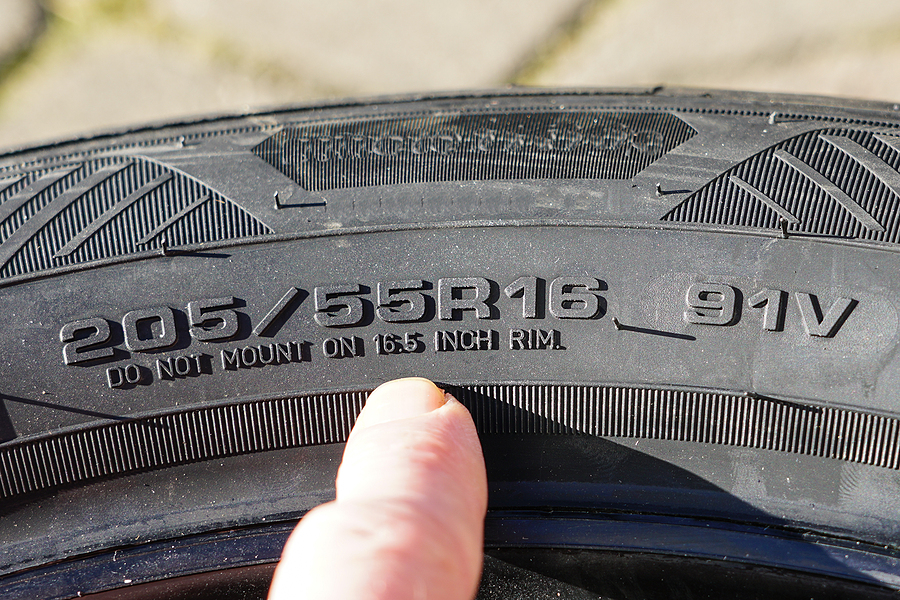Today, everyone is looking for the answer to better gas mileage. Vehicle owners and drivers are on a constant hunt for secrets, miracle cures, rises in the economy, and blatant luck to reduce gas mileage, prices, and fuel consumption. There are several reasons why vehicles can get good or bad gas mileage. There are so many factors that affect this area of concern; however, there is one variable that is hardly discussed but highly influential when it comes to fuel mileage. This variable is tire width. Tires have a large influence on how a car or truck operates on the road.
Continue reading to learn how tire size can affect fuel economy and gas mileage on the road.

The 101 on Gas Mileage and Tire Care
There are two things to consider when thinking about tires and their effect on gas mileage; one is wind resistance, and the other is rolling resistance. When a car is driving at higher speeds, it experiences higher wind resistance; this means lower fuel economy. Rolling resistance is the impact the road has on the tires, and how it affects drivability. If you change the features (size and width) of your tires, it will then influence the interaction it has with the road, thus affecting the gas mileage. This is where tire width can begin to influence gas mileage.
Tire Size and Width Influences Gas Mileage
Many people believe by changing the height of a car’s tires, they can increase its fuel economy. This is not a reliable idea. You see, speedometers are specifically calibrated to the number of revolutions a set of tires makes per mile while driving. If the original set of tires is replaced, the calibration will be off and changes in fuel economy will be blurred. Shorter tires will calculate at higher gas mileage because they will make so many more revolutions per mile. This negatively affects fuel consumption because it makes the car’s engine work at a higher rpm to achieve the same speeds. Taller tires will do just the opposite while still offering an inaccurate reading.
Tire Width versus Gas Mileage
Tire width is one of the only tire size factors that can influence gas mileage in a positive way. For example, a narrow tire will have less wind resistance, rolling resistance, and weight, thus, increasing gas mileage. If choosing a narrower tire, be aware that they can make the car’s handling characteristics more difficult to control. It is best to always install the proper size tires for your particular vehicle. A professional tire tech or mechanic will have no problem helping you figure this out. Also, keeping your tires fully inflated can improve gas mileage.
Do you need fuel system repair or factory scheduled maintenance for a European car in Carmel, Indianapolis, IN? Contact Autohaus Dierolf at 317-571-0800 for the best deals around town!
More Reads to Check Out:
Top 5 Car Parts Affected By Cold Weather
How to Start the New Year With Better Fuel Mileage
Routine Automotive Services Recommended Just for European Vehicles

